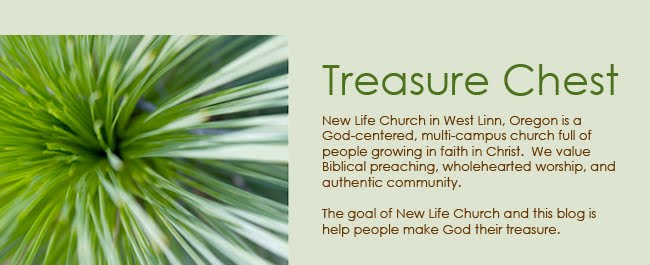By far the most helpful thing I’ve read this week in connection with the Fourth Commandment—“Remember the Sabbath, to keep it holy.”—was A. T. Lincoln’s essay, “From Sabbath to Lord’s Day: A Biblical and Theological Perspective,” from D. A. Caron’s edited volume From Sabbath to Lord’s Day: A Biblical Historical and Theological Investigation.
You can read a great review of the book here at BeginningWithMoses.org or take a look at the book itself here at Amazon.
In the text’s introduction, Carson summaries the basic conclusions worked out by the various authors in the rest of the book:
First, we are not persuaded that the New Testament unambiguously develops a “transfer theology,” according to which the Sabbath moves from the seventh day to the first day of the week. We are not persuaded that Sabbath keeping is presented in the Old Testament as the norm from the time of creation onward. Nor are we persuaded that the New Testament develops patterns of continuity and discontinuity on the basis of moral/civil/ceremonial distinctions. However useful and accurate such categories may be, it is anachronistic to think that any New Testament writer adopted them as the basis for his distinctions between the Old Testament and the gospel of Christ. We are also not persuaded that Sunday observance arose only in the second century A.D. We think, however, that although Sunday worship arose in New Testament times, it was not perceived as a Christian Sabbath. We disagree profoundly with historical reconstructions of the patristic period that read out from isolated and ambiguous expressions massive theological schemes that in reality developed only much later.Somewhat heady stuff, but profoundly insightful and helpful. Definitely worth the work.
Yet to say so many negative things is to run the risk of giving a false impression. We have not written in order to demolish the theories of others. Indeed, as a matter of policy we have focused attention on primary sources; we refute opposing positions only when it is necessary to do so in order to establish our own position. Our final chapter takes considerable pains to be as positive and synthetic as possible. We want to provide a comprehensive guide to the interpretation of the sources for Christian readers (16).

No comments:
Post a Comment